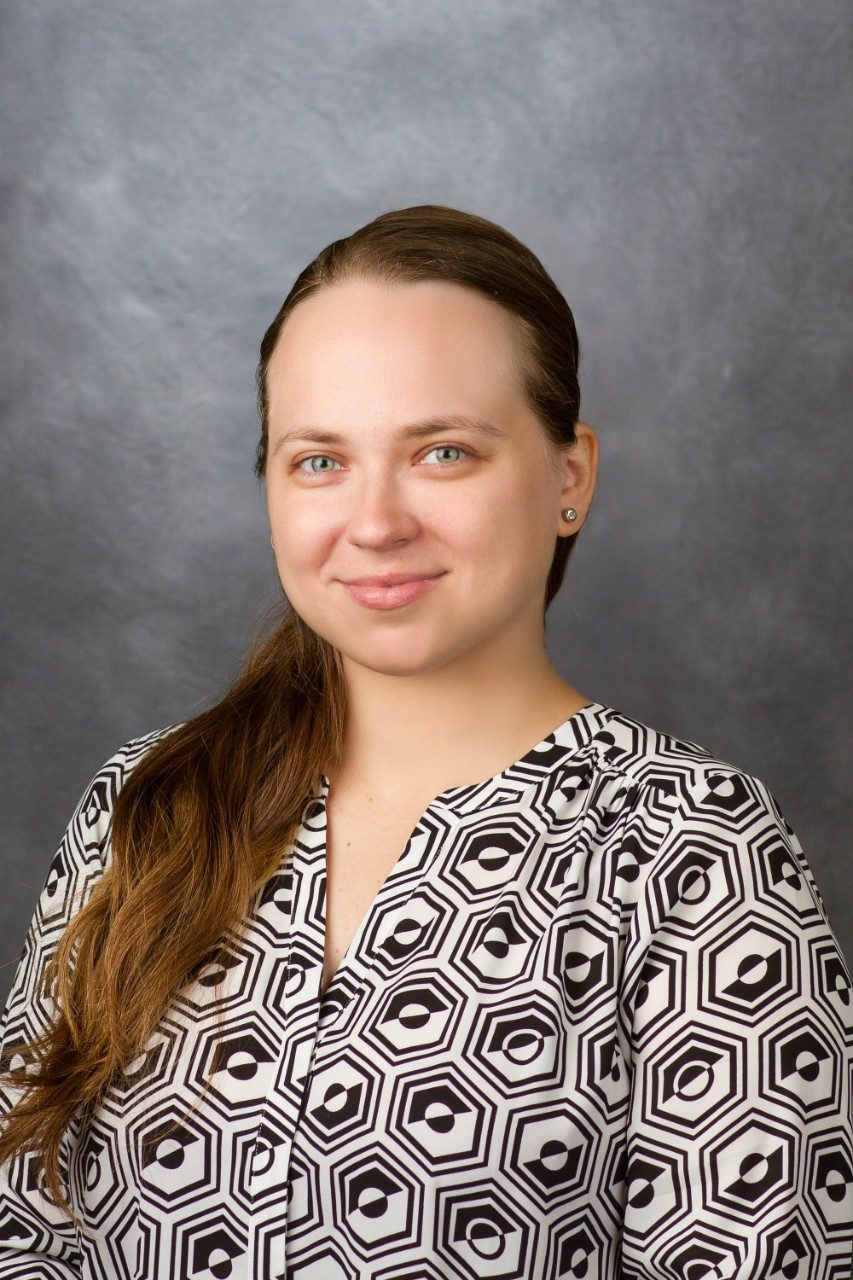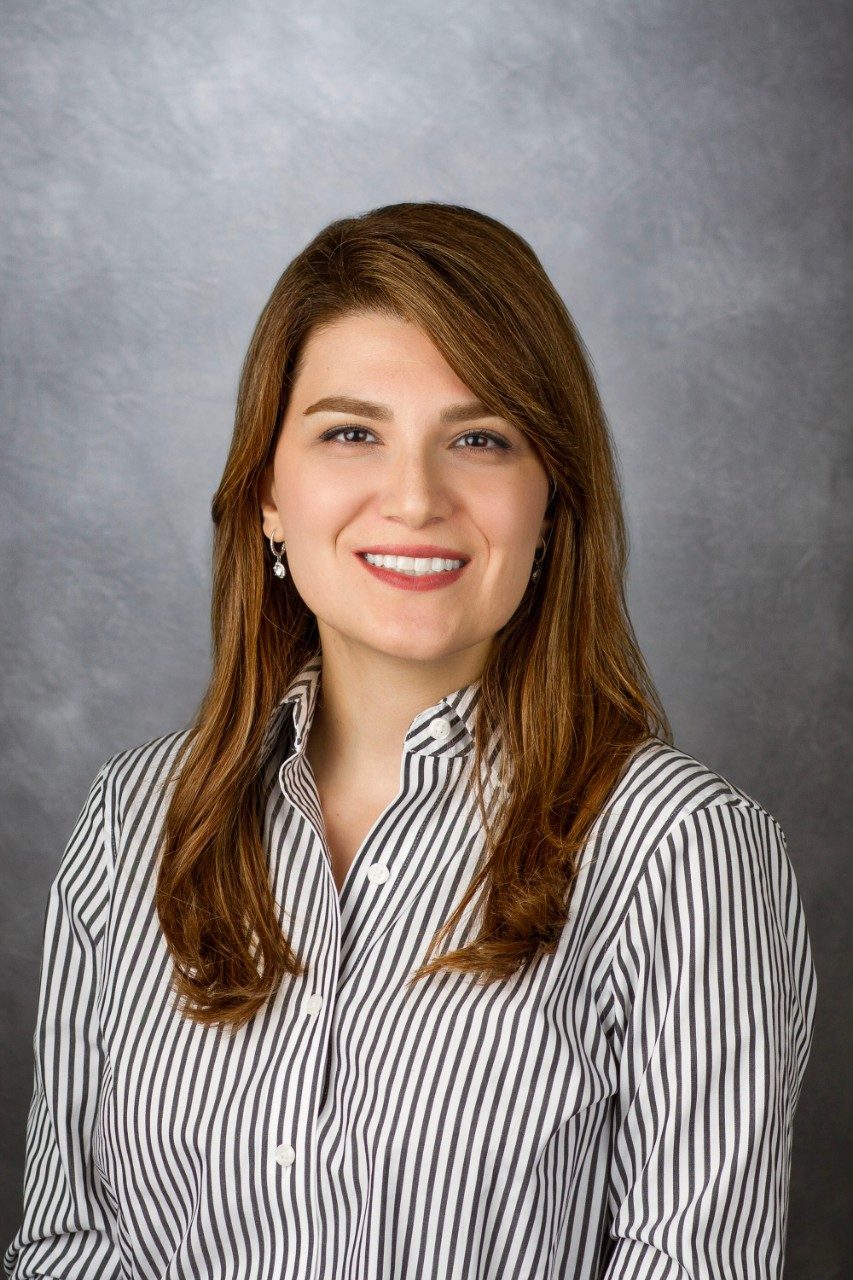Breast Imaging Fellowship
The Breast Imaging Fellowship in the Diagnostic Imaging division is a 12-month program. With three fellows learning from more than 30 Breast Imaging faculty members, the fellows are given the opportunity to perform CT/US guided deep biopsy procedures, if they so choose. The fellowship offers extensive clinical experience in screening and diagnostic mammography, breast ultrasound, breast MRI, breast pathology, and interventional procedures. The program is a multidisciplinary fellowship with a focus on screening/diagnostic evaluations, consultations and image-guided biopsies. Fellows are provided academic time to participate in multidisciplinary tumor board conferences and research activities.
State of the art equipment includes:
- 38 CT scanners
- 31 MRI scanners
- Nine PET/CT scanners
- One PET/MR scanner
The Center for Advanced Biomedical Imaging (CABI) allows for true bench-to-clinic research with highly trained medical/research professionals and dedicated research imaging equipment.
Letter from the Program Director

Associate Professor
I am delighted to extend a warm welcome to you on behalf of the Breast Imaging Fellowship Program at The University of Texas MD Anderson Cancer Center. As program director, it is my privilege to introduce you to our fellowship program, which emphasizes excellence in clinical breast care, research, and education.
The Breast Imaging fellowship is a 12-month training program. The fellowship offers extensive clinical experience in screening and diagnostic mammography, tomosynthesis, breast ultrasound, breast MRI and breast interventional procedures. Expertise will be gained in all breast-related procedures, including ultrasound-guided fine needle aspiration biopsy and core biopsy, stereotactic biopsy with available prone and upright units, tomosynthesis-guided biopsy, MRI-guided biopsy, and preoperative localization procedures using a variety of localization devices. Fellows actively participate in the weekly multidisciplinary Clinical Management Conference that assesses high risk lesions for radiology-pathology concordance and optimal management. Fellows receive academic time to support their educational and research endeavors.
One of the hallmarks of our program is our multidisciplinary approach to breast cancer care. Our 33 breast imaging faculty and (up to four) breast imaging fellows, enjoy strong relationships with our multidisciplinary clinical colleagues. Fellows receive an elective month, during which they rotate with our clinical colleagues in breast medical oncology, breast surgical oncology, breast radiation oncology, and breast pathology. Our breast imaging faculty and clinical faculty are recognized experts in their fields – our fellows work alongside and learn from them each day.
The Breast Imaging Department provides a high-volume clinical service with access to complex cases and a wide variety of breast pathology. Our patients are diverse, coming to us from the Houston area, but also from national and international locales. Breast Imaging fellows spend the vast majority of their time at the main campus of MD Anderson Cancer Center, which is equipped with state-of-the-art equipment including:
- 13 mammography units with tomosynthesis
- Contrast-enhanced mammography
- 10 breast ultrasound rooms with dedicated ultrasound technologists
- 3T breast MRI
- Upright and prone stereotactic biopsy capability
- Four mobile mammography vans
Our fellows go on to be successful on their chosen career paths, whether that be academic or private practice. At MD Anderson, we take great pride in our commitment to providing comprehensive training that equips fellows with the knowledge, skills, and experience necessary to become leaders in the field of breast imaging.
Thank you for considering the Breast Imaging Fellowship Program at MD Anderson.
Our Alumni
2020-2025
2024-2025
Esraa Al-Jabbari, M.D.
Charisma DeSai, M.D.
Kadra Kalamaha, M.D.
Eric Miller, D.O.
2023-2024
Karthika Amaranathan, M.D.
Phillip Cho, M.D.
Annie Dinh, M.D.
2022-2023
Hala Mazin, D.O.
Andrea F. Tenreiro Carneiro, M.D.
Charlies L. Xie, M.D.
2021-2022
Yusuf T. Akpolat, M.D.
Miguel A. Craig, M.D.
Alexandra M. Millet, M.D.
2020-2021
Abeer H. Abdelhafez, M.D.
Adam J. Engel, M.D.
Alyssa M. Glover, M.D.
Elsa S. Kuhl, M.D.
2019-2020
2019-2020
Michelle M. Agrons, M.D., D.V.M.
Megan K. McNeer, D.O.
Rachel P. Pahls, M.D.
Contact Information
Ethan Cohen, M.D.
Program Director
Email: ecohen@mdanderson.org
Program Manager:
Melissa Tovar
Program Coordinators:
Esmeralda Fuentes
Manuel Guillen
Department of Diagnostic Imaging - Education
The University of Texas MD Anderson Cancer Center
1400 Pressler Street, Unit 1476
Houston, TX 77030
Email: DIEducation@mdanderson.org
Phone: 713-792-8182
Related Resources
The Division of Diagnostic Imaging administers the following fellowship programs:
MD Anderson Cancer Center is committed to encouraging good health and staying true to our mission to end cancer. If you are applying for a GME fellowship or residency program starting on or after July 1, 2016, please be advised that MD Anderson will have instituted a tobacco-free hiring process as part of its efforts to achieve these goals. If you are offered an appointment, you will be subject to a Pre-Employment Drug Screen for tobacco compounds in compliance with applicable state laws. If you do not pass the urine drug screening which includes testing for tobacco compounds, you CANNOT be appointed at MD Anderson. Should you fail to meet this contingency, MD Anderson will withdraw your offer of appointment for the academic year. You may reapply for the following academic year, but there are no guarantees that you will be offered a position as many of our programs are already filled for several years out.
Our Labs
Learn more about our faculty and research taking place in our labs.
Conferences
View conferences available for continuing education credit.




